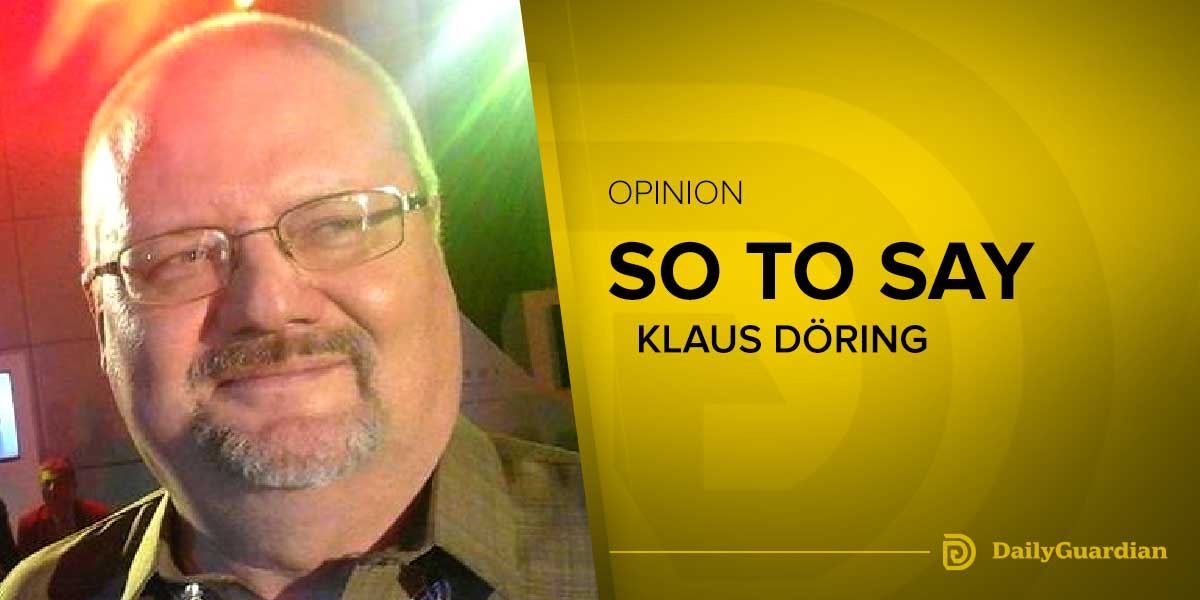 By Modesto P. Sa-onoy
By Modesto P. Sa-onoy
The possibilities are high that the proposed anti-terrorism law now pending with the President will become law although Malacanang was reported to have made no claim that the initiative came from the President. On the other hand, people believe that the speed with which the two Houses of Congress approved the proposal with hardly a debate indicates that this proposal has the tacit approval of the President or at least to his liking.
Reports say that the elements of Philippine National Police “are being readied for training to implement the controversial anti-terrorism bill once enacted into law”. Although there are oppositions, the PNP is preparing to enforce the law but assuring the public “that there was no need to be alarmed.”
PNP spokesman Brig. Gen. Bernard Banac said that aside from training police, the PNP has involved its Human Rights Affairs Office in its information campaign to raise awareness among police officers.
“The PNP is ready in case the President approves the proposed law and the PNP will also conduct an information campaign and training for all policemen to raise awareness on its provisions so no abuses would occur. We will prepare the whole institution,” Banac was quoted by newspapers from an interview aired on dzBB.
The PNP saw no need for the public to be afraid of human rights abuses, he added, as the law strikes a “necessary” balance between civil rights and order, stressing that the country needs a stronger law against terrorism.
Well said but the critics are not satisfied because of the performance of the PNP in the anti-drug campaign that has brought unsavory national concerns and international condemnation.
Banac followed the defenders’ explanation that “terrorism thrive in the past years, and we saw what current laws lack to address this…to protect our country against extremists and terrorists.”
The problem still boils down to the clear definition of “terrorists” although certain political actions are considered by the authors to be not included, like rallies, demonstrations.
Present laws already provide the police with powers of surveillance, arrest and detention but the authors and the police believe these are not enough and they want to grant more power to the government, especially the power of the PNP to detain suspects for longer periods of time while the police are gathering evidence.
Human rights groups have also expressed fear of possible escalation of abuses against critics of the government. Indeed, critics can be detained on mere suspicion and then freed later because there was no evidence. That detention already sends “chilling effect” on the citizenry.
In World War II the Nazis arrested and detained people merely on a hunch that a person is a partisan. Then they tortured the person to confess. The Gestapo tried to secure “evidence” from the suspect but finding nothing, they released their innocent victims. While they did not get the evidence, the Nazis succeeded in intimidating an entire village. An arrest is an instrument of fear.
The Japanese did the same thing in Bacolod on people that their spies, with a grudge against some wealthy citizens, had reported as “guerrillas.”
Presidential Spokesman Harry Roque said those who violate the law by an illegal arrest would be penalized. Fine on paper. How many policemen and members of the Philippine Constabulary who issued “invitations” to citizens for interrogation during martial law been punished?
The common justification was their compliance of the law even if the law opened gates for abuses. Those accused of crimes against humanity in the Nuremberg War Crimes Trials and those in Los Baños had a common defense – they followed orders. The tribunals rejected that defense.
The fear in the “expanded” definition of terrorism is the abuse by law enforcers, who have been in hot water for alleged human rights abuses committed during the enforcement of quarantine protocols and in their anti-illegal drugs operations. How many had been disciplined?
“Law abiding citizens” have nothing to fear, according to Banac who also allayed the public’s apprehension on surveillance, saying such would only be done on suspected terrorists.
Surveillance of suspects is legitimate. What people feared are arrests and detention of suspect who have no immediate recourse to the court because the anti-terrorism law extended the period of detention.
Supporters of the proposed law have called on the critics to challenge the law before the court. Fine, but…





















